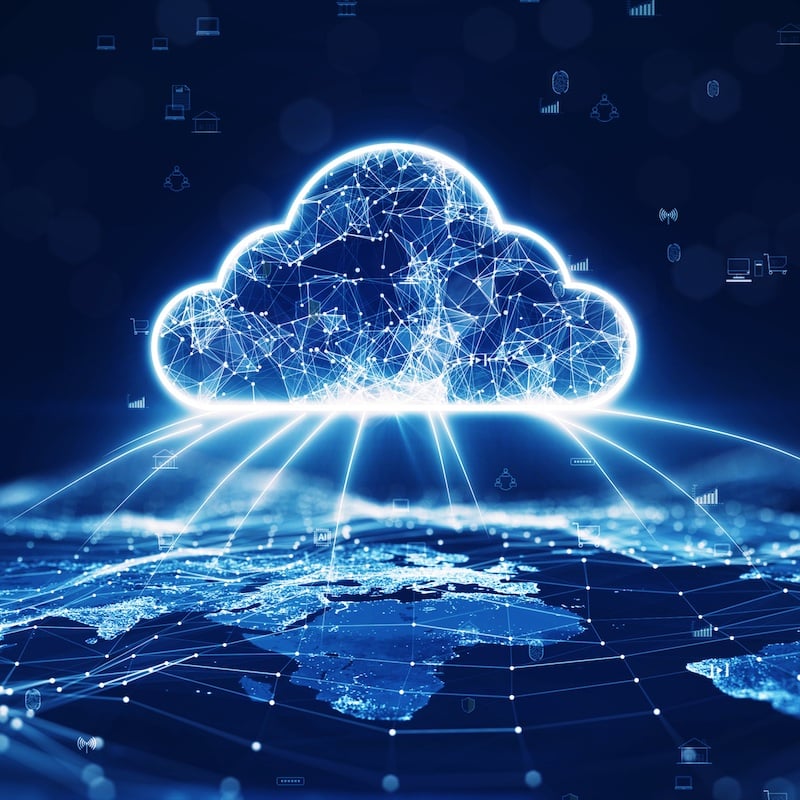A variety of issues can result in the loss of systems, from adverse weather to failed software updates, as well as cybersecurity incidents. These articles look at IT outages, cloud risks and business resilience considerations across a number of scenarios.
Information Sharing in Cyber Supply Chain Risk Management – A New Model
As organizations in every sector become more connected, and more digital, supply chains are extending and their cybersecurity is becoming more important. ISC2 convened an international volunteer task force to examine cybersecurity supply chain challenges. A key theme was the challenge around information sharing and how to increase the benefit to wider communities.
Hurricane Preparedness for Cybersecurity Business Continuity
Based on experiences and lessons learned after Hurricane Katrina, this article looks at steps you can take when IT systems go down due to issues outside of a cybersecurity incident.
Business Continuity and the Cloud
When major issues arise, cloud services often play a major role in allowing an organization to get back up and running with a distributed workforce or from an alternative location, but security should not be compromised in favor of restarting operations.
How to Ensure Disaster Recovery in the Cloud
Organizations must be able to recover from data destruction events in the cloud to avoid potential business losses and/or civil penalties. Thus, the need for disaster recovery and business continuity.
Cloud Exit Strategies: Why and How to Avoid Vendor Lock-in
In a rapidly evolving cloud computing landscape, Bence Hezso, CISSP, argues that vendor lock-in is increasingly a strategic concern for the board and executive management. Effective and robust cloud exit strategies are needed, to minimize business interruptions, regulatory risks, and risks related to information security.
API Security Best Practices in the Hybrid Multi-Cloud Digital World
Interconnected and distributed systems have made the role of APIs critical to enabling discreet connectivity between systems but can create additional risk.
How Has Digitalization Changed the Role of the CISO?
From the complexity of interlinked systems to the increased use of third party systems and services, Gaurav Singh, CISSP, CCSP, shares his views and experiences on how the rapid acceleration and adoption of digitalization is reshaping the role of a CISO.
The Importance of Board Engagement in Cyber Governance
Companies, consumers and citizens depend on a shared internet and the services that connect to it. This “cyber domain” interconnects cloud services and vendors that store information about our finances, politics, activities, as well as our locations. Supporting a safe and reliable cyber domain is essential.
- The CGRC certification is a proven way to demonstrate your knowledge and skills to integrate governance, performance management, risk management and regulatory compliance within your organization
- Security Operations Skill-Builders support you with understanding the fundamentals of threat detection and incident response, including security orchestration, automation and response
- From security requirements to risk assessments and threat modeling, Security Engineering Certificates learn the essential concepts necessary to protect sensitive data and critical infrastructure



